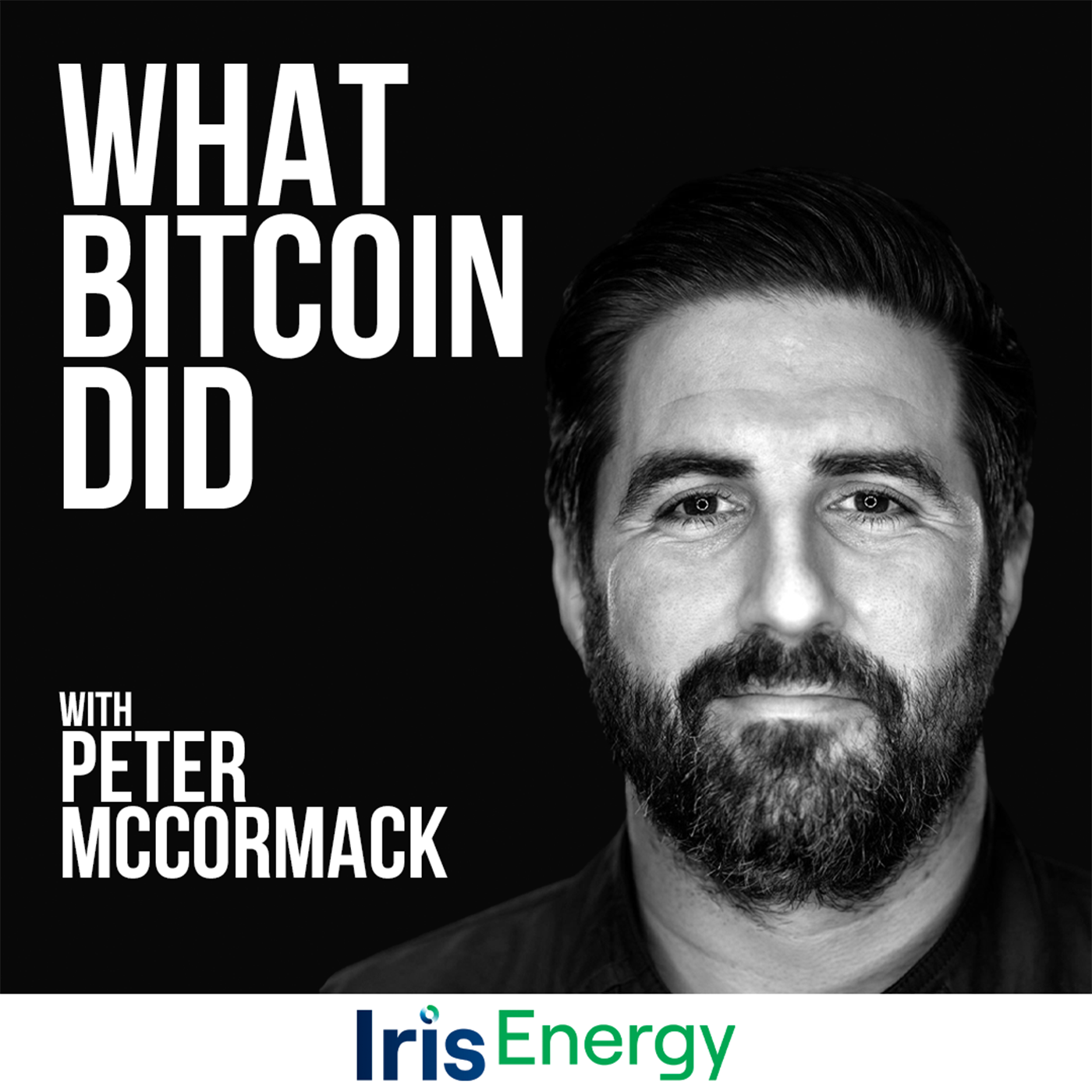The Bitcoin Mutiny with Tony Giorgio
“We want to get to the point where any Lighting node on the network can be an LSP for anyone else, that’s the dream.”
— Tony GiorgioTony Giorgio is the co-founder and CEO of Mutiny Wallet, a self-custodial lightning wallet. In this interview, we discuss the privacy implications of using Lightning Network, challenges faced by Mutiny, the concept of coin swaps, the web-based nature of Mutiny, the Lightning Service Provider (LSP) model, and the potential future developments of Mutiny. - - - - Just over three weeks ago Mutiny launched what it refers to as the “first self-custodial lightning wallet that runs on the web.” Being web-based means that Mutiny can innovate without the restrictions that can and are placed on wallets distributed via app stores. In this fascinating podcast, Mutiny’s co-founder and CEO Tony Giorgio sets out the background, challenges and future for Mutiny.Mutiny started as a hackathon project that the founders developed whilst working at Voltage, the Bitcoin-focused infrastructure provider. Voltage supported the founders by allowing them to develop Mutiny whilst also building the lightning service provider for Voltage, which now also powers Mutiny!Tony discusses the challenges faced with interoperability on lightning nodes, having intuitive payment functionality for non-technical users, and the difficulties of enabling automatic software updates. Tony also explains the concept of coin swaps, how Mutiny utilizes lightning as a contract layer for these transactions, and how this approach eliminates the need for a middleman and allows users to control their funds in new ways.Tony finally covers the advanced features of Mutiny wallet: integrating cold storage, social tipping, facilitating wallet connections, and other innovative features such as enabling people to manage subscriptions on top of Lightning. Then there are Mutiny’s future plans like integrating e-cash and allowing users to easily transition from a custodial to a non-custodial lightning transaction. It’s an exciting project, to say the least.- - - - This episode’s sponsors:
Iris Energy - Bitcoin Mining. Done Sustainably
Ledn - Financial services for Bitcoin hodlers
Bitcasino - The Future of Gaming is here
Ledger - State of the art Bitcoin hardware wallet
Wasabi Wallet - Privacy by default
Unchained - Secure your bitcoin with confidence
-----WBD695 - Show Notes-----
If you enjoy The What Bitcoin Did Podcast you can help support the show by doing the following:
Become a Patron and get access to shows early or help contribute
Make a tip:
Bitcoin: 3FiC6w7eb3dkcaNHMAnj39ANTAkv8Ufi2S
QR Codes:

